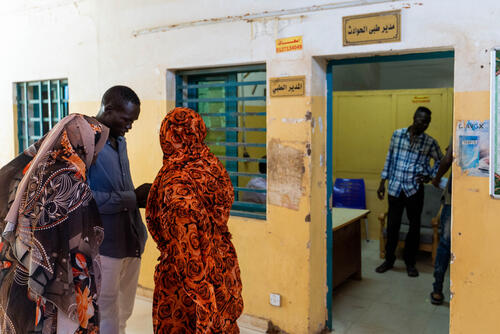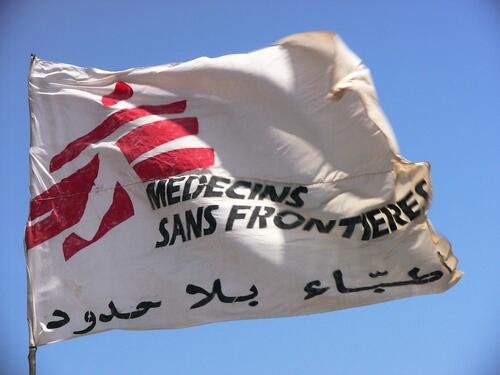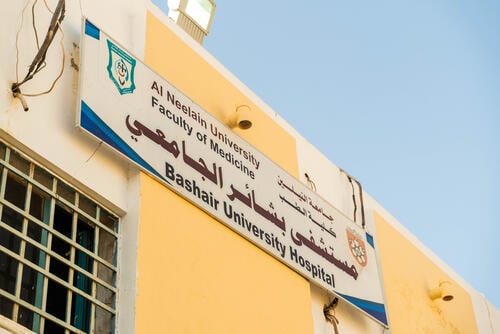On 26 April, looters targeted the El Geneina Teaching Hospital in Sudan, which is supported by Médecins Sans Frontières (MSF). Reports suggest that widespread looting, destruction and the burning of property took place in El Geneina city, the capital of West Darfur, including at sites where people displaced by the fighting are taking refuge.
Here are five things to know about the rising humanitarian needs in the area and our commitment towards supporting the communities during these challenging times.
1. Violence impedes healthcare for all
Since 2021, MSF has supported the Ministry of Health in the paediatric department of El Geneina Teaching Hospital in West Darfur, Sudan, providing emergency and inpatient care.
Over the years we have witnessed a steady stream of patients coming not just from El Geneina city and the nearest sites for displaced families, but from all over West Darfur.
However, since 20 April, the hospital has been closed due to the violence, making it impossible for our teams to continue working on paediatrics or in the neonatology and maternity departments.
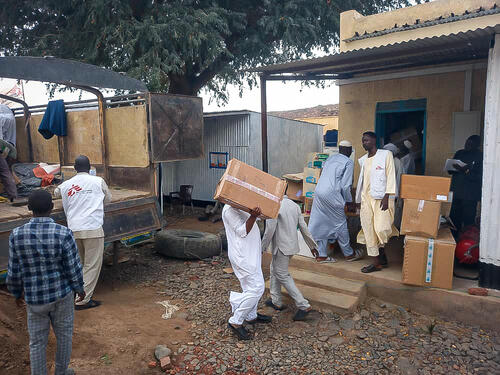
2. Attacks on the hospital
Sadly, there is a lack of respect for the protection of the hospital - we have witnessed violence, destruction, and damage within the facility. As a result, all patients and medical personnel have fled the premises despite the rising needs.
The city of El Geneina has been victim to widespread looting since the beginning of the current conflict. Private homes, shops, pharmacies, several NGOs, as well as the Ministry of Health premises and the market, have all been targeted.
On 26 April, El Geneina Teaching Hospital was looted, including the pharmacy and the blood bank. This creates additional challenges for medical personnel to resume activities even when the security situation improves. The paediatric department supported by MSF was also affected by the looting.
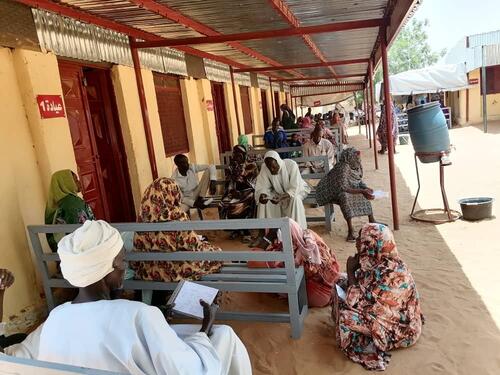
3. Conflict exacerbates existing needs
Even prior to the outbreak of the current conflict, people in West Darfur faced significant challenges, with acute humanitarian needs, a lack of functioning referral systems and high prices for medical services.
Since the current conflict began, patients have been unable to access medical care due to fear of violence both outside and within medical structures. Additionally, patients fear being targeted based on their ethnicity or affiliation.
Despite the dangerous conditions, MSF's medical personnel continued to provide essential care to critical patients in the first week of the conflict. However, after the situation deteriorated significantly in El Geneina, medical doctors fled their homes for fear of being harmed.
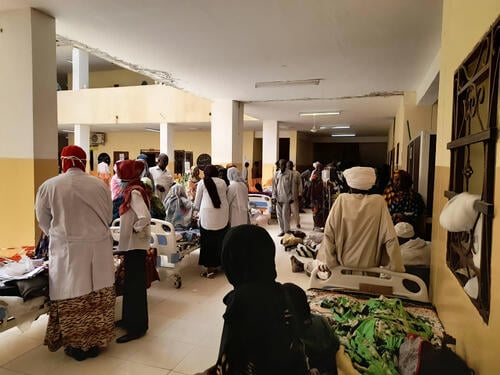
4. Challenges in accessing healthcare
MSF teams on the ground have reported that their friends and family members have been killed or injured, unable to access the care they needed. On some days, there were no functioning healthcare facilities in all of El Geneina.
Although a few clinics would occasionally open in different neighbourhoods, they were only able to provide basic wound dressing. Access to medical items and medication remains extremely difficult in this already challenging environment.
In other locations in West Darfur, our teams have not been able to conduct mobile clinic activities in the nomadic communities of Galala, Mogshasha, Wadi Rati and Gelchek.
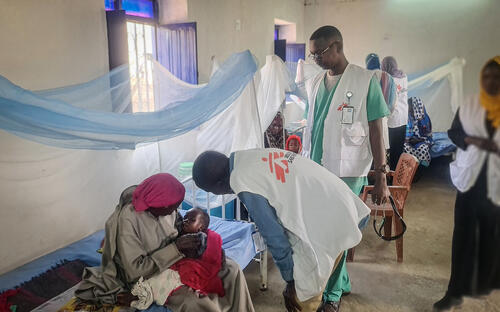
5. Supporting the Ministry of Health
Since we started supporting the El Geneina Teaching hospital in 2021, MSF has worked towards the capacity-building of Ministry of Health staff and collaborated on co-managing the paediatric wards.
Key Ministry of Health staff and administrators have exhibited unwavering dedication to delivering free, high-quality basic and specialised healthcare to children. They also supported MSF in making the hospital a secure environment for patients, caretakers, and staff before the conflict erupted. Some local staff members have even endangered their lives by coming to the hospital before its closure, while others risk their lives and safety by continuing to work amidst the conflict.
MSF remains deeply committed to supporting the people of West Darfur, especially in light of the recent degradation of the security and humanitarian situation. We have provided extensive technical support to Ministry of Health staff in managing mass casualty incidents, including pre-positioning kits and donating drugs.



